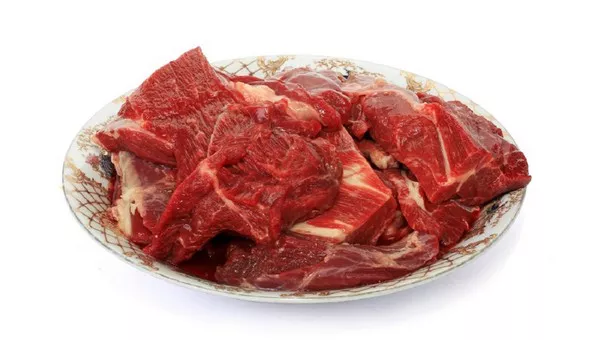A recent investigation in Ireland has brought to light significant concerns regarding the traceability and treatment of horses destined for the food chain.
The probe, conducted by Irish broadcaster RTÉ, exposed various issues including misuse of microchips, fraudulent passports, and welfare violations through undercover footage and microchip record analysis.
In response to these revelations, Charlie McConalogue, Minister for Agriculture, Food and Marine, affirmed the Department of Agriculture, Food and the Marine’s (DAFM) commitment to animal welfare legislation. He disclosed ongoing investigations into the supply chain of equines for slaughter, with specific scrutiny on practices highlighted in the RTÉ program.
As a consequence of the investigation, DAFM has temporarily suspended the operating license of Shannonside Foods, Ireland’s sole abattoir for horses, pending further inquiries. The facility was prominently featured in RTÉ’s exposé.
The Irish parliament has also engaged in debates following the broadcast, with allegations surfacing that microchips were fraudulently implanted in horses to falsify their identities.
Minister McConalogue emphasized the severity of these allegations, underscoring the collaboration between DAFM and the Irish Police (gardaí) in investigating these claims. He stressed the importance of bolstering the European-wide system to ensure robust traceability and compliance with animal welfare standards.
Industry and Advocacy Responses
Horse Sport Ireland strongly denounced the reported mistreatment and slaughter practices, asserting their support for a thorough investigation into the issues raised. They pledged full cooperation to facilitate any inquiries into the matter.
The Irish Society for the Prevention of Cruelty to Animals (ISPCA) expressed deep dismay over the revelations, urging comprehensive measures to prevent such abuses from recurring.
Meanwhile, World Horse Welfare pointed out longstanding concerns about horse passport fraud and systemic failures that allow unfit equines to enter the food chain. They called for decisive action by EU and UK authorities to address these lapses.
Regulatory Response and EU Implications
The Food Safety Authority of Ireland (FSAI) acknowledged potential risks to traceability within the food chain, committing to collaborate closely with DAFM to rectify any identified issues and ensure the integrity of the supply chain.
In a broader European context, a recent European Commission report highlighted instances of fraud and non-compliance involving horses from Ireland, Italy, Spain, and the Netherlands. Critics such as Ingrid Kragl of Foodwatch criticized the inadequacies in Europe’s regulatory framework, citing insufficient controls and communication gaps among national databases that facilitate exploitation by criminals.
International Concerns and Legal Actions
The House of Animals raised concerns about Dutch traders’ involvement in the horse meat network, particularly noting risks associated with former racehorses potentially treated with medications unsuitable for human consumption.
Recent legal actions across Europe underscore the gravity of the issue. In Marseille, 15 individuals were sentenced for their roles in a horse meat trading scheme, while Europol’s efforts in 2022 revealed a network distributing potentially unsafe horse meat across multiple countries.
Efforts to combat illegal introduction of horses into the food chain have intensified across the EU in recent years, reflecting broader concerns over food safety and regulatory compliance.
The unfolding investigation in Ireland serves as a pivotal moment for addressing these systemic challenges, with stakeholders advocating for stringent reforms to safeguard animal welfare and food integrity across Europe.
Related Topics:

























